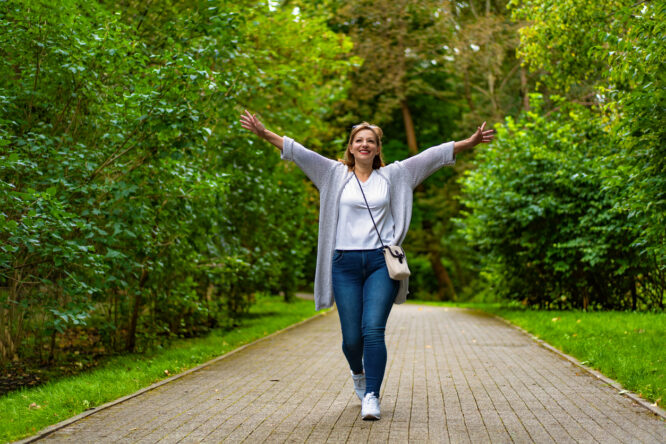Getting older is inevitable, but ageing is a bit more layered.

One is about time ticking on, which happens whether we like it or not. The other’s about how you live, how you feel, and how you respond to the years that pass. They’re not the same thing, and the difference can quietly change how you approach everything, from your habits to your mindset. Here are some important things that separate the two to get clear on in your own mind.
1. Getting older is automatic, but ageing is personal.
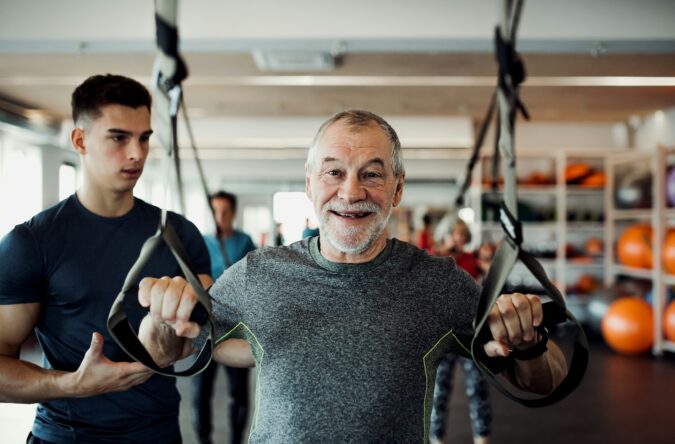
Time passes whether we like it or not. We all get older in the literal sense, marked by birthdays, calendars, and the odd creaky joint. However, ageing is about how those years actually land in your life—how you respond to them and what you carry with you along the way. Some people grow older without ever feeling like they’ve aged much at all; others can feel aged by life at 30. It’s not just about time. It’s about how life shapes you, and how much you let it define you.
2. Getting older adds years, but ageing adds stories.
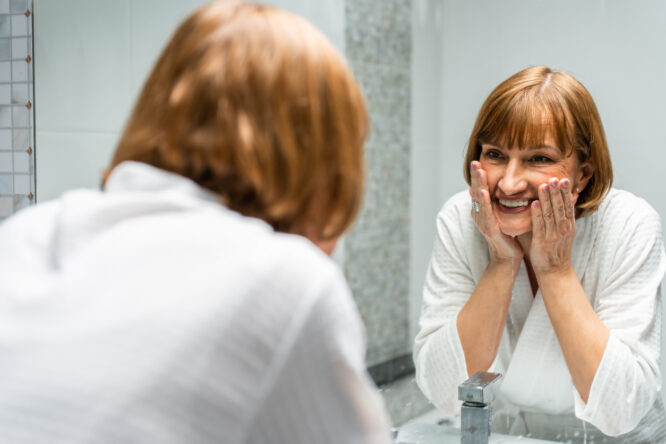
With each passing year, your age ticks up, but that number doesn’t say much on its own. Ageing, on the other hand, is full of stories. It’s the accumulation of moments, challenges, changes, and lessons that slowly become part of who you are. Someone who’s lived through a lot may feel far older than someone who’s just coasted along. It’s not the age that matters—it’s the life inside it. The more lived experience you have, the more depth you carry. That’s ageing in the real sense.
3. Getting older is physical; ageing is emotional.
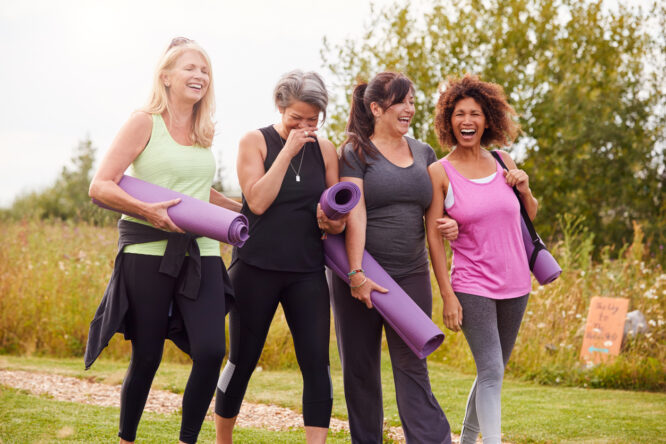
Wrinkles, grey hairs, slower recovery times—that’s all part of getting older. But ageing hits a different note emotionally. It shows up in how you process things, how you handle grief, how you relate to change, and how you carry old versions of yourself.
Some people get older without ever growing emotionally. They stay stuck in patterns that no longer serve them. Others age emotionally and come out wiser, calmer, and more self-aware, even if they’re still climbing stairs two at a time.
4. Getting older is expected, but ageing can be resisted or embraced.

There’s no stopping the clock, but how you deal with what the years bring is up to you. Some people fight every sign of ageing like it’s a personal betrayal. Others embrace it, treating laugh lines as evidence of a life well-lived rather than something to erase.
Ageing well isn’t about looking young—it’s about adapting, growing, and staying curious even when things change. Getting older just means more candles on the cake. Ageing is what you do with the time in between.
5. Getting older is universal, but ageing is unique.
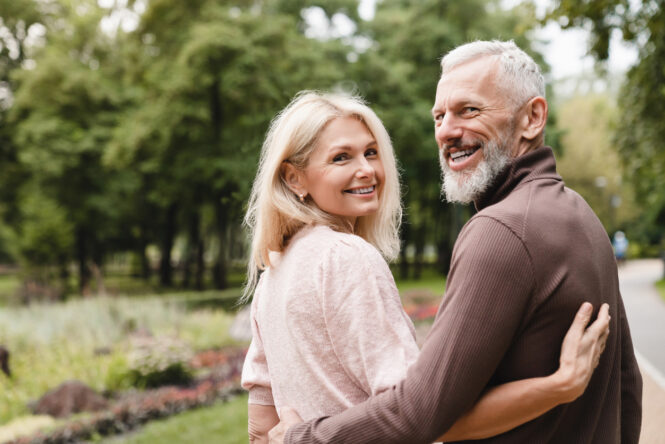
Everyone gets older, but no two people age the same way. One person at 60 might be slowing down, while another’s picking up new hobbies and hiking hills on weekends. Ageing follows no script—it’s shaped by personality, health, culture, and choice.
What that means is there’s no single “right” way to age. Some people become bolder with age. Others become quieter. Some hold on to youth in little ways. Others lean fully into their next chapter. Getting older is a fact. Ageing is a style.
6. Getting older is measured in numbers, while ageing is measured in energy
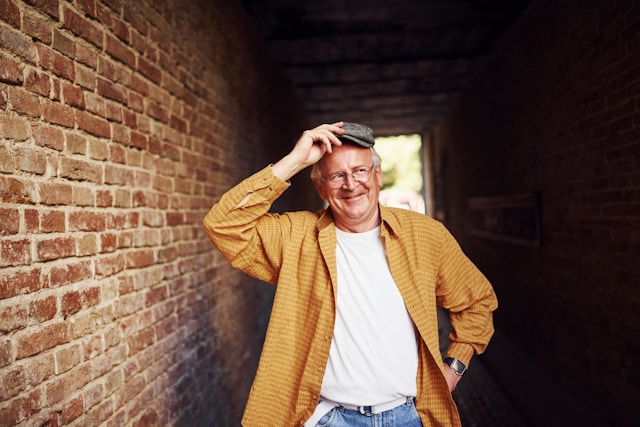
Your birth certificate doesn’t tell the full story. You can be 45 and feel like you’re still just getting going, or be 28 and feel totally worn out. That’s because ageing isn’t just about how long you’ve been alive. It’s about how energised you still feel about living. Ageing well has less to do with your physical age and more to do with your outlook. It’s about curiosity, openness, and how much spark you still carry inside you. Numbers tell part of the story, but energy tells more.
7. Getting older happens on its own; ageing requires awareness.

You don’t have to do anything to get older. However, if you want to age with intention, it takes some self-awareness. It means noticing how your values change, how your body changes, and how your priorities evolve, and actually responding to that, instead of ignoring it. Ageing well often means doing things differently than you did ten years ago. It’s about letting go of what doesn’t serve you anymore and choosing what helps you feel more like yourself as time goes on.
8. Getting older can feel like a loss, but ageing can feel like a gain.
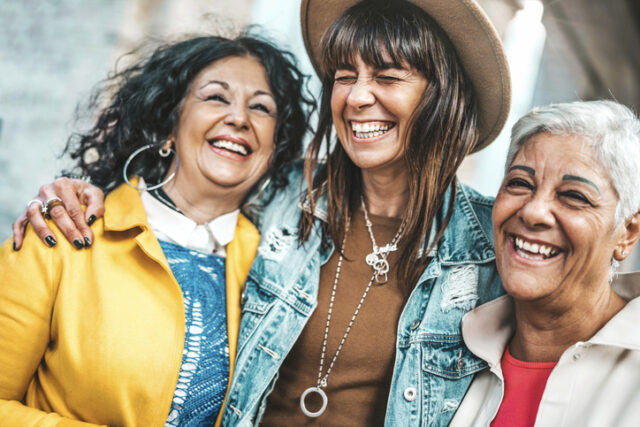
The word “getting older” often brings up fears of decline—less energy, less relevance, more aches. But ageing, when you reframe it, can be about gaining clarity, experience, resilience, and peace. You lose youth, sure, but you gain a different kind of strength. Some people even say they feel more themselves in their 40s or 50s than they ever did in their 20s. Ageing with self-respect and perspective can be one of the most empowering experiences—if you let it be.
9. Getting older is passive, but ageing can be intentional.
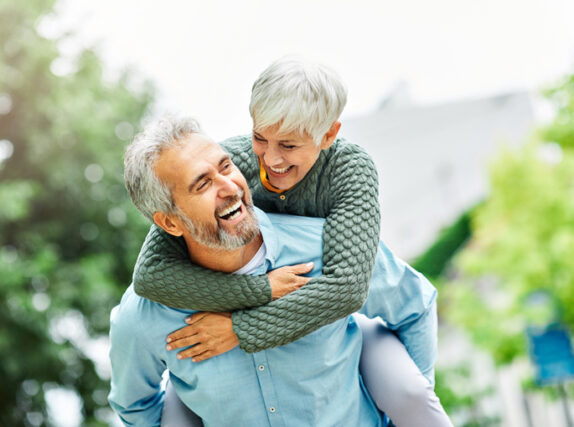
You don’t need to be involved in the process of getting older—it happens all on its own. But ageing can be a choice. You can decide to grow, to let go, to learn, to change direction, or to reimagine parts of your life even when you’re decades in. The people who seem to age well aren’t the ones who just let time happen to them. They’re the ones who participate. They reflect. They change course. They stay in motion. Ageing isn’t about giving up—it’s about evolving.
10. Getting older can be denied, but ageing is usually felt.

Plenty of people pretend they’re not getting older. There’s hair dye, anti-wrinkle everything, and an entire market built on fighting time. However, ageing isn’t something you can Botox away. It’s what settles in emotionally, mentally, and spiritually. Even if you don’t look older, you can still feel aged by life—by what you’ve been through, what you’ve overcome, or who you’ve become. And often, that depth is what makes you richer—not older.
11. Getting older is visible, while ageing shows up in conversation.

You can see someone getting older in the physical sense. But the way someone ages often comes through in how they talk. There’s more perspective. More tolerance for grey areas. Less interest in drama or proving a point. When someone’s aged well, their voice tends to carry more calm and more weight—without needing to shout. They listen more, advise less, and often ask better questions. That change doesn’t come from years—it comes from growth.
12. Getting older happens to everyone; ageing is shaped by how you live.
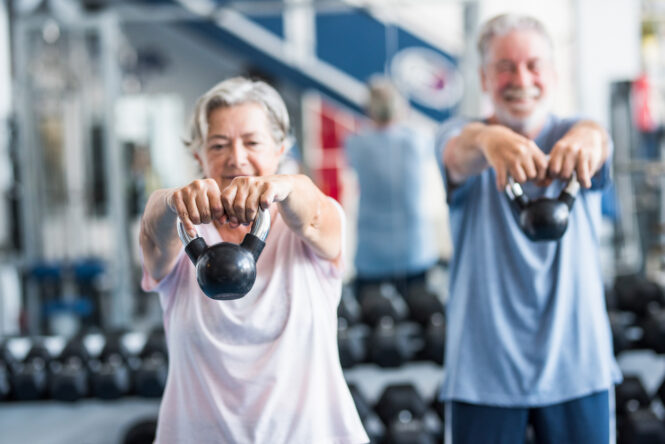
You can’t avoid getting older, but how you age is influenced by the life you choose. Diet, sleep, relationships, stress—all of it contributes to how you feel in your own skin over time. Ageing isn’t just about years. It’s about your daily choices stacking up.
Someone who moves their body, eats well, rests, and has a solid sense of purpose is likely to feel a lot better in their 60s than someone who’s just been getting through the years on autopilot. Ageing well is a long game, and it’s never too late to get in it.
13. Getting older focuses on the past, but ageing can still look forward.
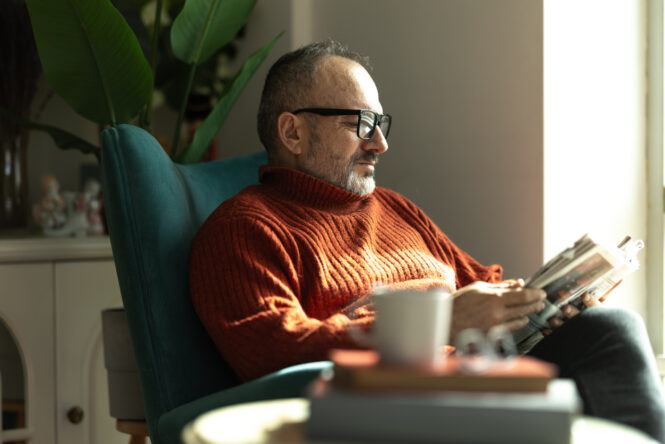
When people talk about “getting older,” they often focus on what’s behind them—what they’ve done, what they’ve lost, what’s changed. Of course, ageing doesn’t have to mean closing the door on what’s next. You can still learn new things, take risks, and surprise yourself.
A future-focused mindset doesn’t have to disappear just because your twenties are behind you. Ageing well means staying open, staying curious, and realising that not all your best stories have already happened. There’s still more to live—if you’re willing to keep going.

